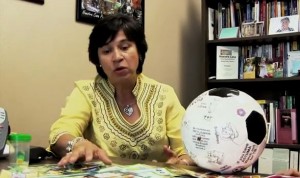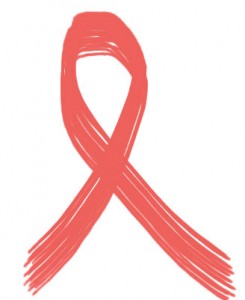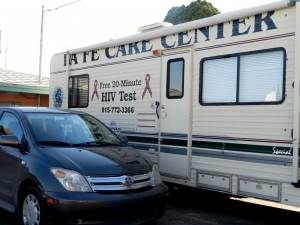Group fights stigma and discrimination to promote HIV education and prevention
|
EL PASO – Five young adults wearing Mardi Gras masks and beads handed out baggies containing condoms and lubrication to persons in a crowd celebrating to the heavy syncopated beat of dance and electronica music on an icy-cold downtown street. Members of The M Factor a local program, part of the national MPowerment Organization, went from bar to bar on Stanton Street where a large number of Lesbian, Gay, Bisexual, and Transgender (LGBT) venues are located. The baggies they passed out held two packages of lubrication, six to eight condoms, and one business card. Their goal is to teach HIV prevention and education and Mardi Gras was an opportunity to reach out to the LGBT community. “For the HIV testing program, we provide free rapid HIV testing, blood testing, free syphilis testing to the public, and free anonymous or confidential counseling services for them,” said Irene Ovalle, a public health supervisor in the Department of Public Health for the city of El Paso who oversees The M Factor and the HIV testing outreach programs.
“This program creates a social setting and gets men out of bars, sex clubs and risky situations and into more social settings where they can meet other men and talk and have conversations,” said David Peralta-Torres, The M Factor’s HIV Education and Prevention Specialist.





